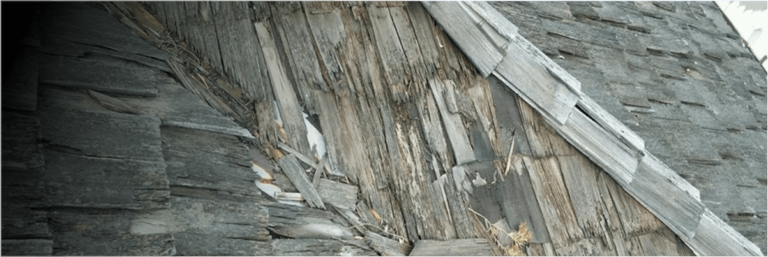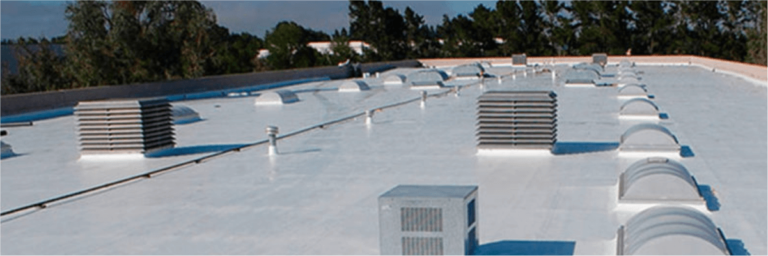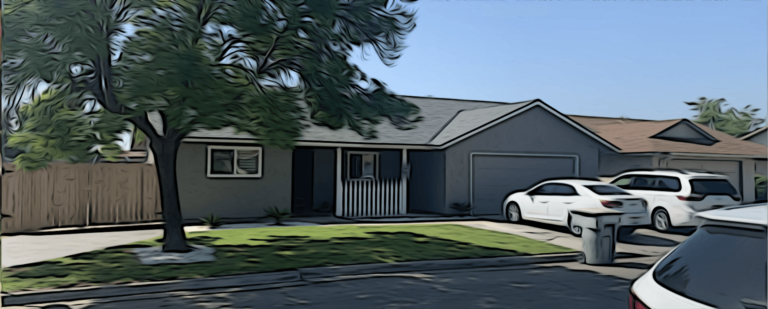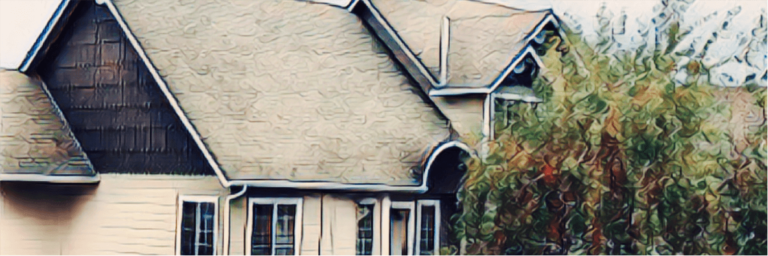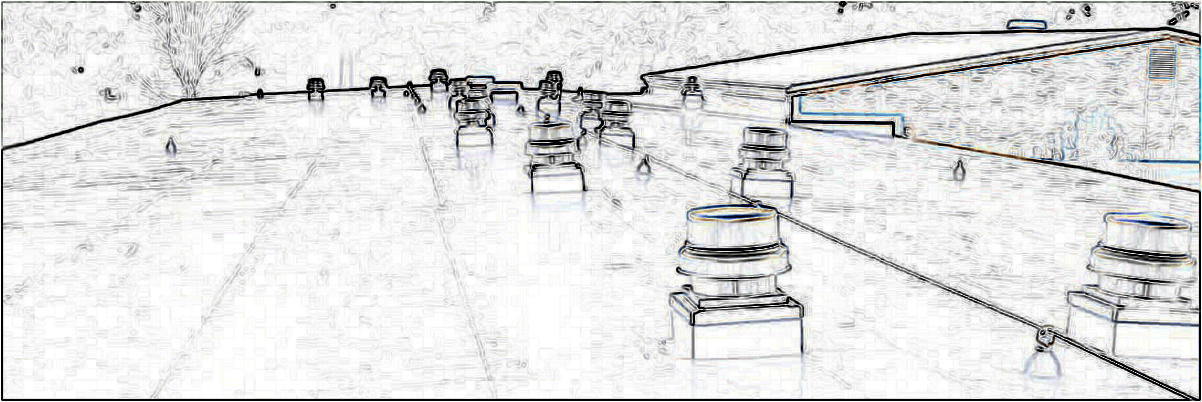
When it comes to commercial/low slope roofing, selecting the right material is crucial for ensuring durability, longevity, and energy efficiency. Two popular choices in the Central Valley are modified bitumen and single-ply roofing systems. Each has its unique characteristics, advantages, and applications. In this article, we will explore the key differences between modified bitumen (specifically peel and stick and torch down) and single-ply roofing systems (PVC and TPO), aiding property owners and contractors in making informed decisions.
Modified Bitumen Roofing (life expectancy 10-12 years)
- Peel and Stick (Self-Adhered):
Installation: Peel and stick modified bitumen roofing involves a straightforward installation process. The membrane comes with a self-adhesive backing, eliminating the need for hot asphalt or torch application.
Advantages: This method reduces installation time and is considered safer, as there is no need for open flames during the application process. It also provides excellent adhesion and watertight seals.
- Torch Down:
Installation: Torch down modified bitumen roofing requires the use of an open flame to heat and melt the asphalt layer, creating a strong bond between the roofing layers.
Advantages: Torch down roofing is known for its resilience against extreme weather conditions, making it a preferred choice in areas with temperature fluctuations. It also offers excellent waterproofing capabilities.
Single Ply Roofing Systems:
- PVC (Polyvinyl Chloride):
Composition: PVC roofing membranes consist of a single layer of thermoplastic material reinforced with polyester or fiberglass. The seams are typically welded together using hot air or solvents.
Advantages: PVC roofs are known for their chemical resistance, durability, and reflective properties. They offer excellent resistance to fire, punctures, and UV radiation, contributing to energy efficiency. Many brands carry a lifetime warranty.
2. TPO (Thermoplastic Olefin)
Composition: TPO roofing is a blend of ethylene-propylene rubber and polypropylene. Installation involves heat-welding seams to create a monolithic roofing system.
Advantages: TPO roofs are popular for their energy efficiency, reflecting sunlight and reducing cooling costs. They are also resistant to algae and mold growth, making them a low-maintenance option. Typically, a well-installed and properly maintained TPO roof can have a lifespan of 20 to 30 years or more. Some manufacturers may offer warranties ranging from 10 to 30 years, depending on the specific product and installation details.
Comparative Analysis:
Installation Complexity:
Modified bitumen, especially peel and stick, generally offers a simpler and quicker installation process compared to the heat-welding required for single-ply systems.
Durability and Weather Resistance:
Torch down modified bitumen is known for its exceptional durability and resistance to extreme weather conditions. However, PVC and TPO roofing systems also provide robust resistance to various elements, making them suitable for diverse climates.
Maintenance and Repairs:
Single-ply roofing systems often require less maintenance, as they are resistant to mold and algae growth. Repairs to modified bitumen roofs may involve more labor-intensive processes.
Cost Considerations:
The cost of materials and installation can vary, and it is essential to consider the specific requirements of the project. Modified bitumen may offer cost advantages in terms of materials, while single-ply systems may provide long-term savings through energy efficiency.
Conclusion:
Choosing between modified bitumen and single-ply roofing systems depends on factors such as installation preferences, climate, budget constraints, and long-term maintenance considerations. Both options have their merits, and consulting with roofing professionals can help determine the most suitable solution for a specific project. Ultimately, a well-informed decision will contribute to the longevity and performance of the roofing system, protecting the investment and the structure it covers.
The team at Mid-State Construction will help quide you in installing a roofing system that is right for your situation.
Contact us at 559-285-9835 to schedule an appointment at your convenience!

